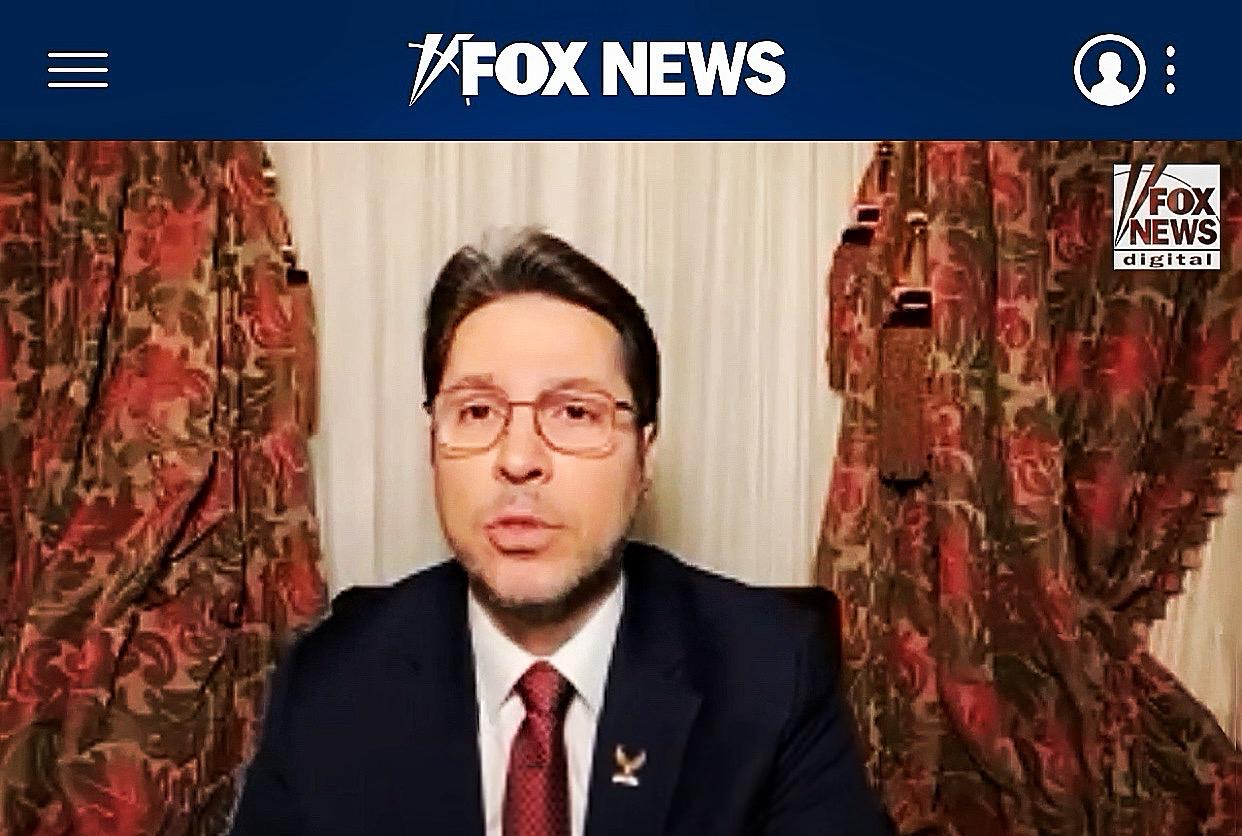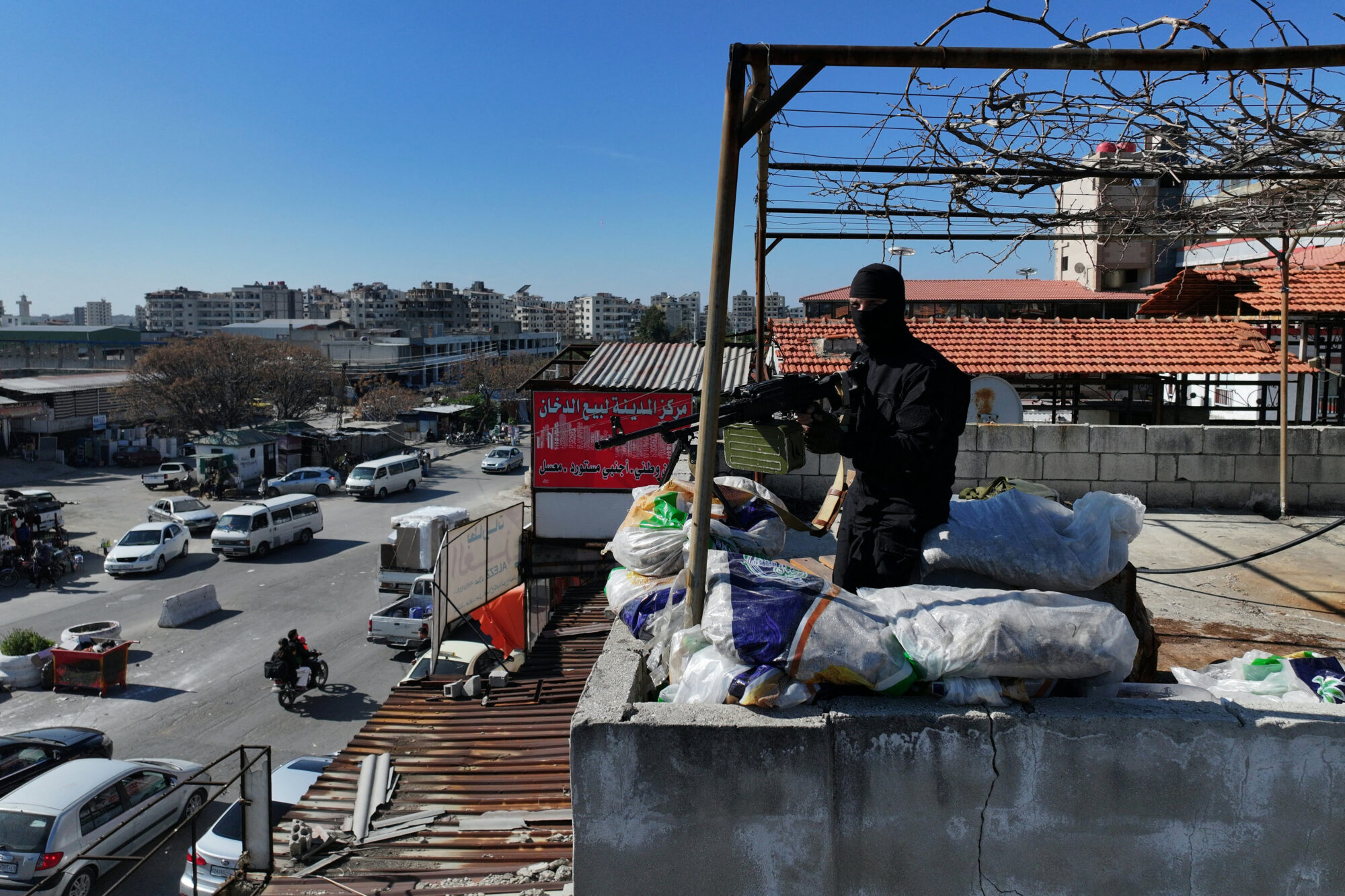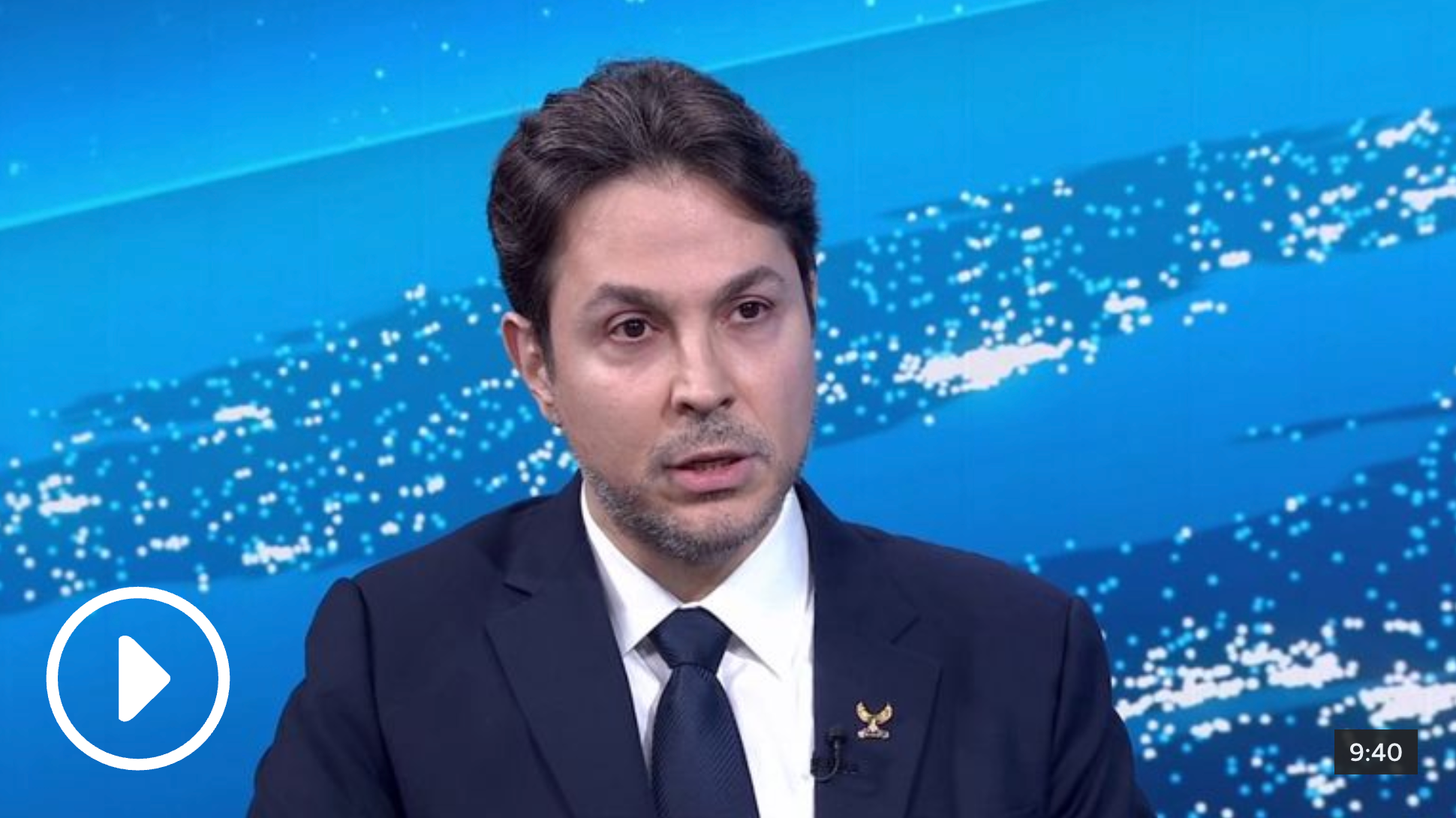Syria chemical weapons: UN adopts binding resolution
28 SEPTEMBER, 2013
The UN Security Council has unanimously adopted a binding resolution on ridding Syria of chemical weapons.
At a session in New York, the 15-member body backed the draft document agreed earlier by Russia and the US.
The deal breaks a two-and-a-half year deadlock in the UN over Syria, where fighting between government forces and rebels rages on.
The vote came after the international chemical watchdog agreed on a plan to destroy Syria’s stockpile by mid-2014.
Speaking after the vote in New York, UN Secretary General Ban Ki-moon described the decision as “historic”.
“Tonight the international community has delivered.”
He urged the Syrian government to implement the resolution “faithfully and without delay”, and also announced a tentative date of mid-November for a new peace conference in Geneva.
US Secretary of State John Kerry said the UN demonstrated that “diplomacy can be so powerful that it can peacefully defuse the worst weapons of war”.
He said the resolution would for the first time seek to eliminate entirely a nation’s chemical weapons capability.
Russian Foreign Minister Sergei Lavrov also hailed the move, saying Moscow was ready to take part in “all operations” in Syria.
However, he stressed that the success of international efforts was “not only on Damascus’ shoulders” and that Syrian opposition must co-operate.
The UN resolution condemns the use of chemical weapons but does not attribute blame.
The text has two legally binding demands: that Syria abandon its weapons stockpile and that the chemical weapons experts be given unfettered access.
Although the draft refers to Chapter VII of the UN Charter, which allows the use of military force, a second resolution authorising such a move would be needed.
US President Barack Obama earlier said agreement on the issue by council members would be a “potentially huge victory for the international community”.
Previous attempts at a resolution stumbled amid disagreements between Russia and the US on how to deal with the crisis in Syria.
The US – backed by France and the UK – had pushed for a resolution carrying the threat of military action against Syrian President Bashar al-Assad’s armed forces. Russia had opposed this.
Reacting to the vote, Syria’s UN Ambassador Bashar Jaafari said the resolution covered most of Damascus’ concerns.
But he stressed that countries supporting Syrian rebels should also abide by the adopted document.
The UN vote came just hours after the Organisation for the Prohibition of Chemical Weapons (OPCW) adopted what it called “a historic decision on the destruction of Syria’s chemical weapons”.
UK Foreign Secretary William Hague: “It is a ground-breaking resolution”
In a statement after a late-night meeting in The Hague, the watchdog said its executive council “agreed on an accelerated programme for achieving the complete elimination of Syria’s chemical weapons by mid-2014. The decision requires inspections in Syria to commence from 1 October 2013”.
“The decision also calls for ambitious milestones for destruction which will be set by the (executive) council by 15 November.”
OPCW Director General Ahmet Uzumcu said the move “sends an unmistakable message that the international community is coming together to work for peace in Syria”.
These are uncharted waters for the OPCW, a small organisation that has never undertaken a job of this size or complexity, says the BBC’s world affairs correspondent Paul Adams.
It will need a lot of help and is expected to ask for urgent funding and additional personnel, he adds.
The UK is to contribute $3m (£1.85m) to the OPCW’s Syria fund, Foreign Secretary William Hague announced on Friday.
The OPCW document now forms part of the UN resolution which sets out to govern the whole process.
Meanwhile. violence continued in Syria. Activists said a car bomb killed at least 20 people near a mosque in Rankus, a town north of Damascus, just after Friday prayers.
Earlier, the UN said its team of inspectors currently in Syria are investigating three chemical weapons attacks alleged to have happened after the 21 August attack in Damascus that left hundreds dead and sparked a threat of US military action.
The three attacks are among seven alleged incidents the UN said its team were investigating.
The UN said its team, led by Ake Sellstrom, arrived in Syria for its second visit on 25 September and hopes to finish its work by Monday.
It is working on a “comprehensive report” that it expects to have finished by late October.
The UN listed the alleged attacks, which all took place this year, as Khan al-Assal on 19 March; Sheikh Maqsoud on 13 April; Saraqeb on 29 April; Ghouta on 21 August; Bahhariya on 22 August; Jobar on 24 August and Ashrafieh Sahnaya on 25 August.
Damascus pushed for the investigation of the three post-21 August incidents, accusing “militants” of using chemical gas against the army in Bahhariya, Jobar and Ashrafieh Sahnaya.
—-
Lavrov Interview: UN Syria resolution holds both sides accountable for any chemical weapons use
Russia Today
28 SEPTEMBER, 2013
The UN Security Council resolution on Syria clearly states that both the Syrian government and the opposition must refrain from any future use of chemical weapons, Russian Foreign Minister Sergey Lavrov said in an interview with Russia’s Channel One TV.
Channel One: How difficult was it to come to an agreement with the US this time, while working on the UN Security Council draft resolution on Syria?
Sergey Lavrov: It was not easy. But we made sure that the draft resolution, which has been compiled in support of another document prepared by the Organization for the Prohibition of Chemical Weapons (OPCW) – both documents [are] to be adopted today in The Hague and in New York – follows the principles of the Geneva accords that the US Secretary of State, John Kerry, and myself reached on September 14.
The key principle is that the OPCW experts will play the leading role, while the UN will provide additional support, particularly by providing additional personnel, if necessary, and, most importantly, by ensuring the security of the experts deployed to the chemical weapons storage sites disclosed by the Syrian government. Of course, the details of this work are yet to be agreed, and this is why the resolution commissions the UN Secretary General to work with the OPCW Director General and prepare detailed guidelines. There is also another crucial point: the resolution says that security measures are to be arranged in cooperation with the Syrian government, but also that the Syrian opposition will be held accountable in case it endangers OPCW experts. And this is a matter of principle.
C1: We have had situations in the past when UN resolutions were open to interpretation, as was the case with Libya. The resolution spoke of a no-fly zone; it said nothing about air strikes against government forces. Nonetheless, air strikes followed. Isn’t there a risk that certain parties may try and interpret the current resolution in their own way?
SL: I’ll put it this way: the possibility of any party citing the current resolution as a pretext for the use of force is out of question. The resolution on Libya was based on Chapter 7 of the UN Charter, which provides for a number of enforcement measures ranging from warnings to sanctions and, ultimately, to the use of force. This chapter was repeatedly suggested by our European and US partners as the basis for the resolution. We are categorically against this. We have learned the lesson of Libya and, knowing the capabilities of our partners to interpret the UN Security Council resolutions, we wanted to make sure there are no pretexts or “loopholes” that can be used to justify a similar course of action with respect to Syria. This resolution absolutely rules out the use of force and in fact any use of Chapter 7 of the UN Charter. This is verified by the fact that the closing section of the resolution says that if any of the Syrian parties, be it the government or the opposition, should interfere with the work of the experts or use chemical weapons, such incidents are to be immediately reported to the UN Security Council and investigated. In case any of the parties are proved to be guilty of a violation, the UN Security Council will address the situation based on Chapter 7. In other words, the possibility of invoking Chapter 7 has been moved into the future and this will certainly require a new resolution, and, again, the violation has to be proved with compelling evidence.
C1: What measures are being considered in regard to the opposition, as there were opinions voiced that it might also have chemical weapons?
SL: Not only they might, they do possess such weapons, and the evidence of that is piling up. Just a few days ago we learned of an intercepted phone conversation between two rebels, which was also published by Kommersant. We raised this issue with our colleagues from the US and Western Europe, as well as the other states supporting the opposition, and asked them to demand that their “fosterlings” refrain from any further attempts to lay their hands on chemical weapons or components thereof, let alone use chemical weapons, as we know that the opposition in Syria has more than once tried to pull off such false flag operations.
So, those who support and directly sponsor the opposition bear particular responsibility to make sure such provocative actions never happen again.
I want to stress this again: The draft resolution lays responsibility on all Syrian parties, both the government and the opposition, to not use the chemical weapons. Furthermore, the resolution says it is unacceptable for chemical weapons to fall into the hands of non-government actors, which is what the rebels basically are. It is particularly stressed that all UN member states and especially Syria’s neighbors must take all necessary measures for their territory not to be used to supply the opposition with chemical weapons or their components.
C1: Once the OPCW secures control over all the chemical weapons, will the entire stockpile be destroyed? Or may part of it be moved, or kept in a safe place?
SL: In keeping with the Chemical Weapons Convention, the Syrian government provided an inventory disclosing chemical weapons sites. OPCW experts, Russia, the EU and the US have acknowledged that the inventory is more than satisfactory. The US told us that on a [scale of A to E] this inventory would be B+. Of course, any inventory has to be verified, and this is why OPCW inspectors will go to Syria within the next few days, where they will work with the Syrian authorities to take control of chemical weapons sites and verify the information they have received. I do not rule out that there could be some corrections but I repeat, experts have agreed that the bulk of the Syrian inventory looks quite credible and provides them with enough material to get their work started.
C1: Going back to the opposition, Russia has more than once claimed to have proof that the opposition had chemical weapons and presented this evidence to the UN. Has this intelligence been published?
SL: Yes, it has been published. Our report on the Aleppo incident of March 19 is available to all the members of the UN Security Council, and I think it is even available to the general public. It is a very professional report, and we have no doubt that the sarin gas used in the March 19 attack near Aleppo was homemade. Also, we have intelligence that the chemical weapon used in the infamous August 21 incident was sarin gas of roughly the same origin as the chemical used on March 19, only in a higher concentration. We sent this data to our US partners and the UN Secretariat. The Syrian government supplied us with the data they had, showing the opposition’s involvement in a number of incidents where chemical weapons were used. All these materials require careful examination.
We do not try to unjustly claim a monopoly on the truth. It has to be established through careful examination of every incident, and the results of this investigation should be reported to the UN Security Council, as the G8 leaders agreed at the summit in Northern Ireland this June. So it is strange that the leaders of some G8 countries say that it was clearly the Syrian government that used chemical weapons on August 21; that this was a crime against humanity, and that no further investigation is necessary. This goes against the agreement the leaders of all the G8 countries reached in June, when they said all reports of chemical weapons use should be reviewed collectively in the UN Security Council after a professional investigation. We will insist on following this procedure in the future as well.
C1: Why did it take weeks to reach an agreement?
SL: I do not want to sound incorrect in regard to our partners at the talks, but we had to do everything possible to ensure there were no deviations from the Geneva Communiqué, and this took some time.
END.
Responding to the announcement, Director of the ODFS, Ribal Al-Assad, said:
“This is an important and very welcome development which I wholeheartedly endorse, it is now absolutely paramount that these commitments are fulfilled; the sooner chemical weapons are removed from Syria the better.
I am pleased that the international community are now working together to resolve the conflict in a peaceful and diplomatic way. This has always -and will always be- the only solution to the crisis in Syria.
Furthermore, the international community must now work towards removing all weapons of mass destruction from the region, they are a danger to world peace and there is absolutely no reason for their existence.
I want to congratulate all sides for this historic agreement, may we finally start to see the beginning of the end to the violence – there is certainly light at the end of the tunnel.”


